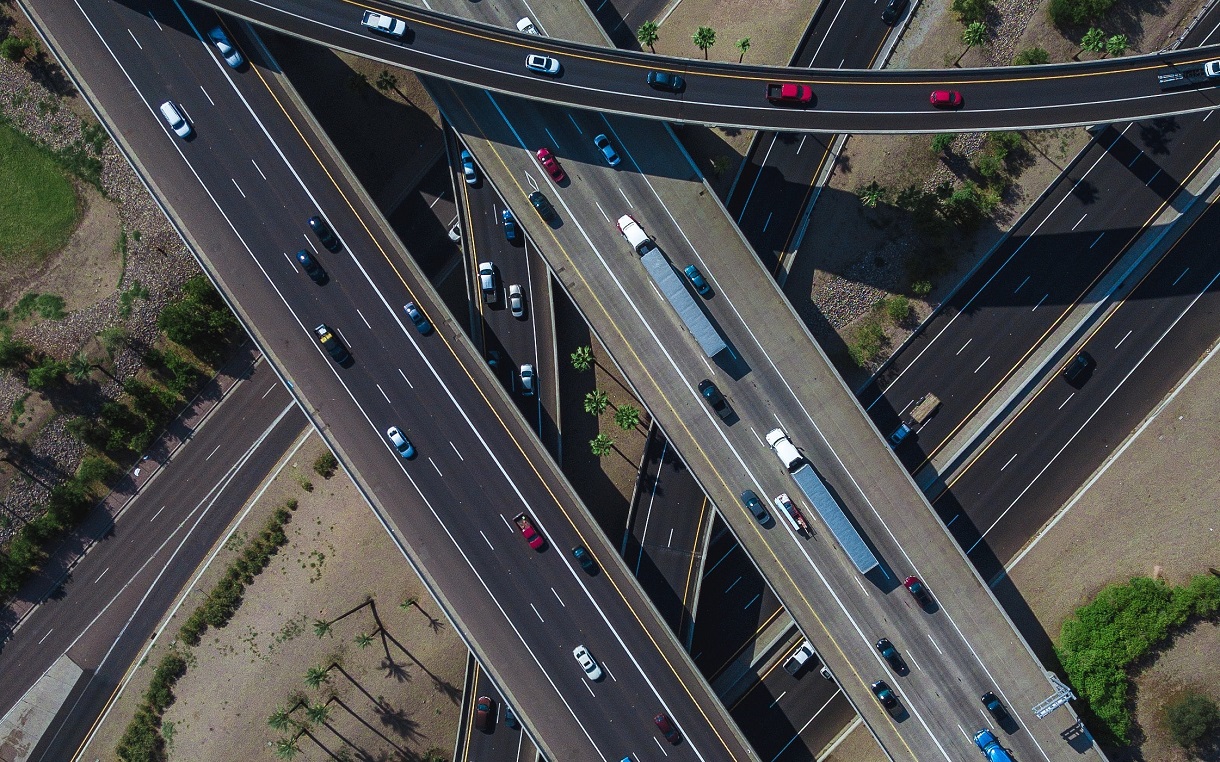The claimant sought reconsideration of a decision in which she was statute barred from disputing her claim for NEBs. The claimant argued that the original decision erred in law because: (1) it found that a capacity assessment should take place or be investigated within the appeal limitation period; (2) it found the total delay was a factor in extending the limitation period; (3) it failed to appreciate the evidence in regard to the issues of capacity, bona fide intention to appeal and the length of the delay; (4) it failed to analyze and make a ruling or give adequate reasons on the issue of prejudice, or alternatively it erred in law by concluding there was prejudice despite the insurer not making any decisions on the issue in its submissions; and (5) it failed to consider the merits of the underlying appeal. Vice Chair Johal dismissed the request for reconsideration. Vice Chair Johal noted the claimant did not specifically plead Rule 18.2 (d) in her reconsideration submissions but tried to introduce new evidence. The new evidence included additional GP clinical notes and records and a handwritten note indicating the claimant had difficulty sleeping, eating and concentrating. The claimant also submitted GP notes that indicated the claimant’s mother called the claimant’s GP who gave her the number of a hospital because she was unable to help the claimant. The claimant did not provide submissions about whether the new evidence could not have been obtained previously and that it would likely have affected the decision in the original hearing. The insurer argued the new information was improperly submitted and was available at the time of the initial hearing. Vice Chair Johal found the claimant could not introduce new evidence for the first time as part of her reconsideration because the requirement of Rule 18.2(2) was not met. Vice Chair Johal further found even if he were to allow the evidence, he did not find it would have changed the result of the original decision. In regard to whether the original decision disposed of the appeal, Vice Chair Johal agreed with the claimant’s argument and the Tribunal decisions of M.Y. and L.D. where it was held that Rule 18.1 was more expansive and encompassed the decisions that finally disposed of a single issue in dispute rather than the entire appeal application. The original decision was not an interlocutory order. It was a decision that finally disposed of the claimant’s request for NEBs. In regard to the original decision concerning the application of s.7 of the LAT Act for extension of the limitation period, the insurer argued the original decision conducted a detailed analysis of the clinical notes and records for the time period in dispute and discussed whether the issue of mental capacity had been raised or established by medical records during the limitation period. The fact that a mental capacity assessment had not been recommended or completed despite numerous medical appointments was only one factor in the original decision. Vice Chair Johal agreed with the insurer and found he would not have reached a different result of the original decision and no error had been made. The claimant submitted that she was unable to appeal due to her mental incapacity. It was found the original decision weighed the evidence and on a balance of probabilities found there was no bona fide intention to appeal within the appeal period and the evidence did not establish she was unable to appreciate risks and consequences. Vice Chair Johal found no error in the law or fact in the original decision. In terms of length of delay, Vice Chair Johal noted the Tribunal appeal application dated June 1, 2018 did not list NEBs as an issue in dispute. It was not until October 9, 2019 in the amended application that the NEB denial was disputed, which was about 35 months from the expiration of the limitation period. Vice Chair Johal determined 35 months was a significant delay and this factor was not in support of the claimant. There was no error in the result of the original decision. With respect to the merits of the appeal, Vice Chair Johal noted the original decision discussed the merit of the claimant’s appeal. Vice Chair Johal stated in his original appeal that even if he were to agree that the claimant’s case had merit, it would be the only factor that would support the claimant’s request for an extension. The original decision also discussed the justice of the case considering all factors and found there was no bona fide intention to appeal within the normal appeal period, the length of delay of 35 months and prejudice to the insurer and concluded the justice of the case did not warrant extension of the limitation period.
LAT Case Law Summaries
Commercial/Tort Case Law Summaries

R.L. v. Intact Insurance Company (18-005036)
TGP Analysis
Lorem ipsum dolor sit amet, consectetur adipiscing elit. Vestibulum placerat ex vitae dui dignissim, in iaculis tellus venenatis. Nam aliquet mauris eros. Mauris vitae justo sit amet nisi dictum euismod in sed nisl. Donec blandit, justo eu pellentesque sodales, eros urna dignissim tortor, non imperdiet enim massa ut orci. Pellentesque id lacus viverra, consectetur neque ac, congue lorem.
- FILED UNDER Limitation Period, Reconsideration
SHARE
